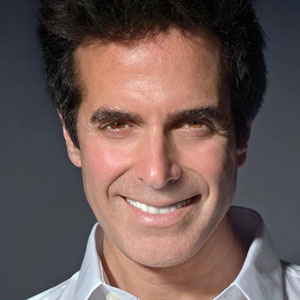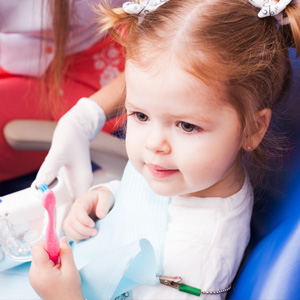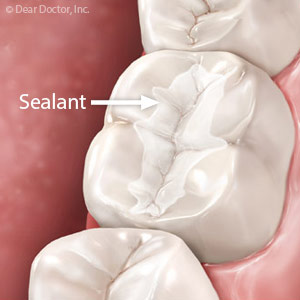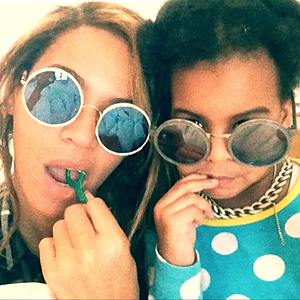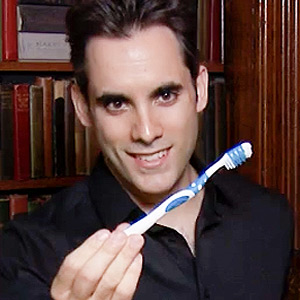

True or false: there’s no cause for concern about tooth decay until your child’s permanent teeth erupt.
False—decayed primary teeth can lead to potentially serious consequences later in life.
Although “baby” teeth last only a few years, they’re essential to future dental health because they act as placeholders and guides for the incoming permanent teeth. If they’re lost prematurely due to decay, other teeth may drift into the empty space intended for the emerging permanent tooth. Because of this, inadequate space will crowd the out of proper alignment.
And because they have thinner enamel than permanent teeth, primary teeth are more susceptible to decay. Once decay sets in, it can spread rapidly in a matter of months.
Fortunately, we may be able to prevent this from happening to your child’s primary teeth with a few simple guidelines. It all begins with understanding the underlying causes of tooth decay.
Tooth decay begins with bacteria: As a result of their digestion, these microorganisms secrete acid that at high levels can erode tooth enamel. The higher the population of bacteria in the mouth, the higher the acidity and potential threat to the teeth.
The first objective then in preventing decay is to remove dental plaque, the thin film of bacteria and food particles on tooth surfaces, through daily brushing and flossing. And because bacteria feed on sugar as a primary food source, you should reduce your child’s sugar consumption by restricting it to only meal times and not sending your child to bed with a bottle filled with a sugary liquid (including formula or breast milk).
To help boost your child’s protection, we can also apply sealants and fluoride to teeth to help protect and strengthen their enamel from acid attack. Because we’ll also monitor for signs of decay, it’s important to begin regular dental visits beginning around age one. If we do detect decay, we can then treat it and make every effort to preserve your child’s primary teeth until they’ve completed their normal life cycle.
By taking these steps, we can help make sure your child’s early teeth go the distance. Their current and future dental health will certainly benefit.
If you would like more information on prevention and treatment of tooth decay, please contact us or schedule an appointment for a consultation. You can also learn more about this topic by reading the Dear Doctor magazine article “Do Babies Get Tooth Decay?”

